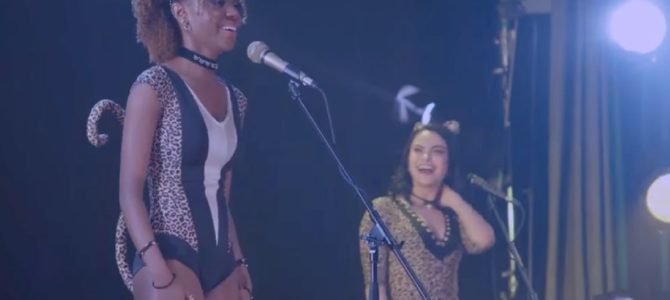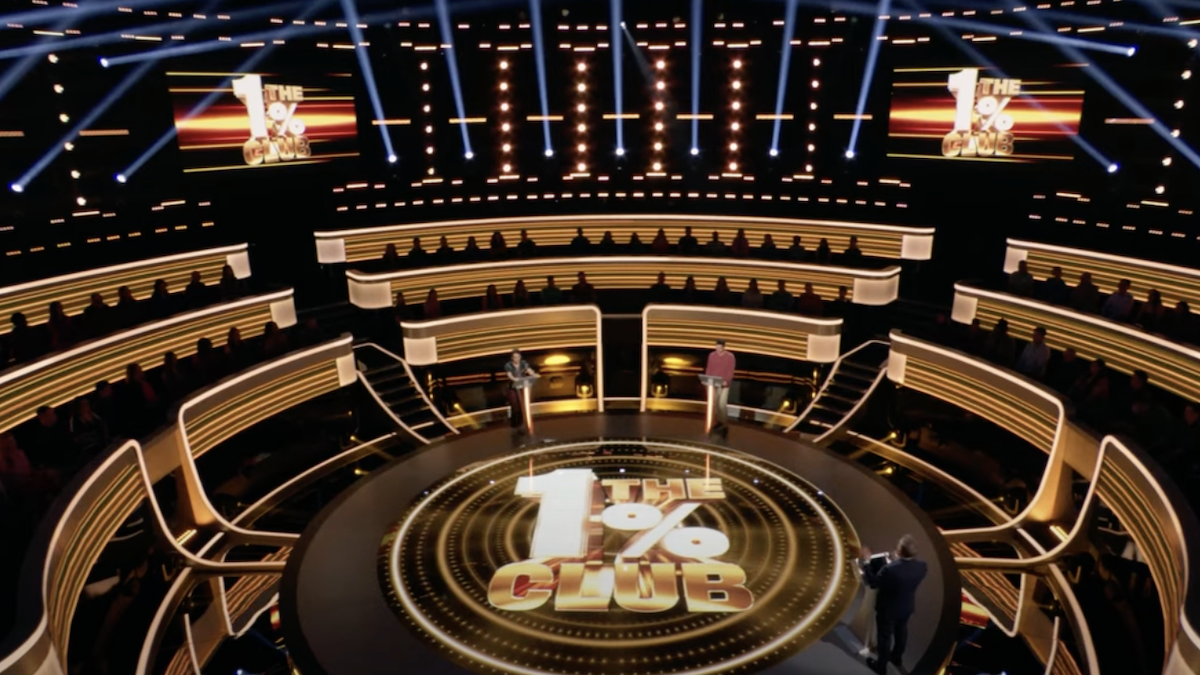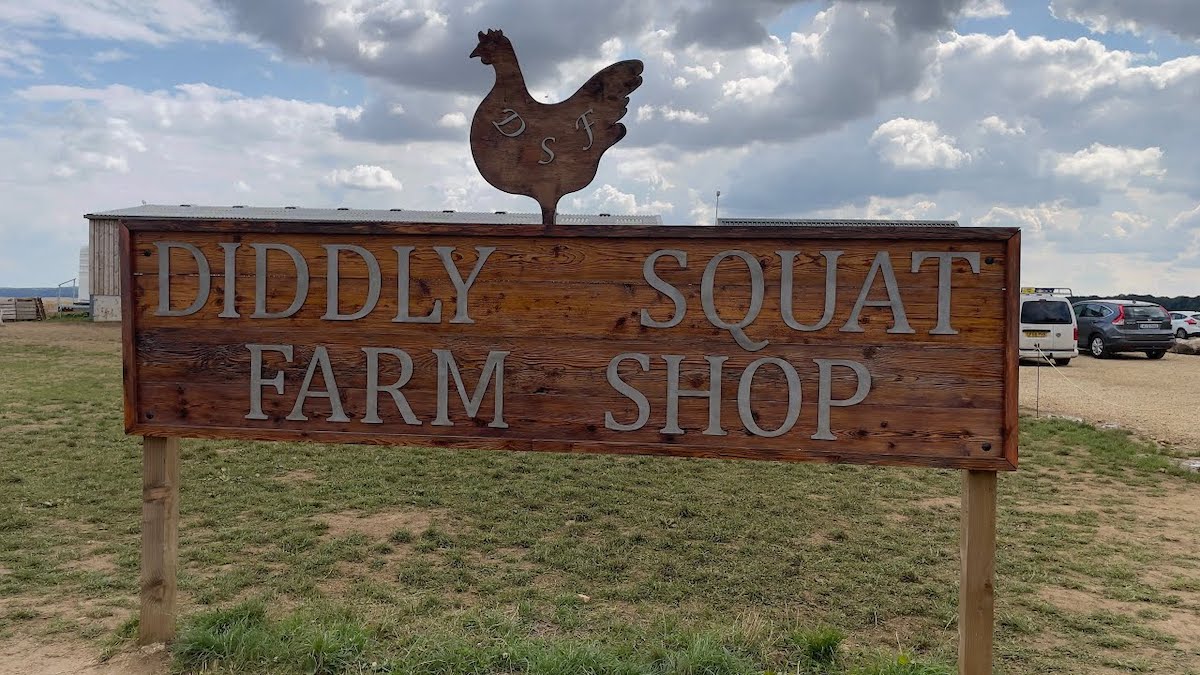
Like many people today, I don’t have cable so only watch TV shows when they come to Netflix. I was beyond excited to see the first season of “Riverdale” would come to the streaming service, because I had always wanted to see the show based on characters from my favorite comics.
When I was about 8 or 9 years old, my brother was in physical therapy twice a week, and my mom and I would wait at the hospital. I would pass the time by doing my homework and reading Archie Comics with my mom. I loved the timeless characters and the love triangle between Archie, Betty, and Veronica (#TeamVeronica, because someone with a bad side is infinitely more interesting than a goody two-shoes).
So imagine my excitement when The CW announced a teen drama based on some of my favorite characters. I started watching it on Netflix as soon as I could, and was instantly captivated. While Ben Domenech and I have discussed unnecessary and politically motivated changes to comic-book characters before, I didn’t find any character changes in “Riverdale” to be offensive. Reggie is Asian, but he’s still Reggie. Principal Weatherbee is black—so what?
The only character choice I had trouble with was the decision to make Betty’s mom a complete lunatic. But as long as Archie, Betty, and Veronica were close enough to their comic counterparts, I was happy.
But Then I Saw It
Then came episode three, titled “Body Double.” I’d like to believe I’m hypersensitive to noticing identity politics or social justice shoehorning into pop culture, but I didn’t notice anything of the sort until this episode. The episode includes a plot line wherein Veronica goes on a date with the son of the football coach, Chuck Clayton, and is falsely accused of having engaged in a sexual act.
Betty and Veronica then seek revenge on Chuck and the football team, who have been keeping a score book of all their female conquests. Sound familiar? It sounds an awful lot like the “Senior Salute” from St. Paul’s prep school that was covered extensively in the media in 2016, nearly a year before the episode aired.
For a while in the episode, there’s lots of current campus sexual assault lingo: “Slut-shaming,” “boys will be boys,” and “privilege” all make appearances, along with a whole lot of believe-the-accuser talk. In this episode, not one woman is lying, and all claim to have not wanted to do anything with the popular members of the football team.
Meanwhile, Archie is seeking musical help from Josie and the Pussycats, an all-black female band that is immensely popular in town. For the first half of this season, Josie is a rude diva who seems high on her own popularity. Thankfully they soften her in the last few episodes.
But when Archie comes asking for help with his music, she goes all white-privilege-social-justice-warrior on him. She asks if he feels “qualified” to write songs for the Pussycats, and he says he does. She then asks if he feels qualified to write songs “For divas of color,” and he immediately says “No,” then says “maybe.” This causes Josie to claim victimhood: “Look, this isn’t LA or New York, this is Riverdale, and people’s minds are opening up, but do you have any idea how much hate mail my mom got when she was elected mayor?” she asks.
Archie says he campaigned for her mom (wow, what a racist) and that he “gets it.” Josie tells him he doesn’t. “I mean do you know why we’re called the Pussycats?” she asks. “Because we have to claw our way into the same rooms that you can just waltz into.”
This Narrative Doesn’t Fit The Storyline at All
Riverdale, the fictional location of all the Archie characters, is not some backwoods town just because it’s small. It has always been a diverse town with no real problems. While the main characters have been straight and white, they have interacted with others without incident. In the comics, Clayton is a great guy, an African-American artist in a committed relationship with Nancy Woods. He wasn’t some sex-crazed jerk like in the show.
There’s also Kevin Keller, who is also in the CW drama, the first gay character in the series. Keller came to town in 2010 and quickly became friends with Veronica. He runs for class president then runs for the Senate, and Archie gives his life defending him from an assassin (who, yeah, was from Riverdale). But the point is that the town isn’t rampant with bigotry.
But here’s where Josie’s words really contradict reality. What rooms does she have to claw her way into? Her band is invited everywhere, she’s considered a local celebrity, and everyone loves her. Further, in a small town with an inexplicably high ratio of high school students to adults, there are four important people in town to every character: The mayor, Weatherbee, the sheriff, and the high school football coach. In the CW series, three out of four of these people are black (Sheriff Keller is white and Kevin’s father).
The most important people in this town are black, and her band is beloved. Where’s this adversity? The whole episode feels like it was written by one person with an agenda, because after this, I didn’t notice any other social justice story lines or comments. The identity politics disappeared as quickly as it came, and the rest of the season was quite enjoyable.









